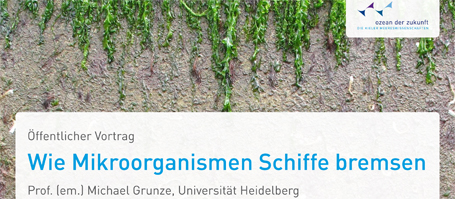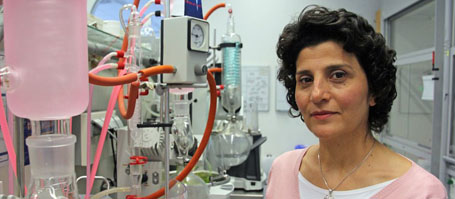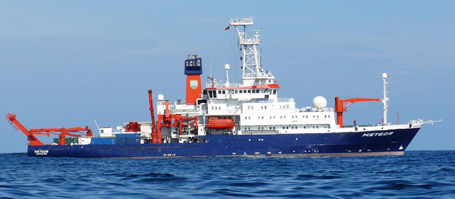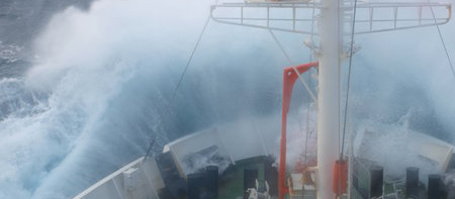But these “biofilms” become a huge ecological and economic problem when they populate ship hulls, drilling rigs, seawater desalination plants, cooling systems or aquaculture facilities. The creation of biofilms increases the drag of ships and leads thus to higher fuel consumption. It clogs the pipes of cooling systems and accelerates corrosion. Apart from that, it offers a breeding ground to toxic algae in aquaculture which poison oysters and farmed fish.
May 26, 2015, 17:00 pm
Lecture Hall, GEOMAR, Düsternbrooker Weg 20
The lectures series aims to reach the interested public, students of all disciplines, scientists and is equally suited for school classes starting from eighth grade (it would be helpful for planning if you could register in advance at schneider@phc.uni-kiel.de).
Organizer
The Cluster of Excellence „The Future Ocean”
Together with the Institute of Physical Chemistry at Kiel University and the Research Division Marine Biogeochemistry at the GEOMAR Helmholtz Centre for Ocean Research Kiel
Links
www.futureocean.org
www.futureocean.org/ocean-interfaces
Flyer of the lecture series (in German)
Dates and locations (in German)
Contact
Dr. Anke Schneider, scientific coordination of the topic “Ocean-Interfaces”, Telephone 0431 600-4211
schneider@phc.uni-kiel.de
Friederike Balzereit, Public Relations, The Cluster of Excellence “The Future Ocean”, Telephone 0431-880-3032
fbalzereit@uv.uni-kiel.de
…



